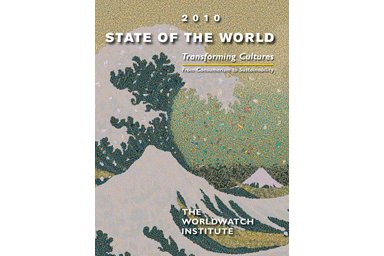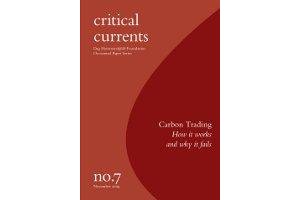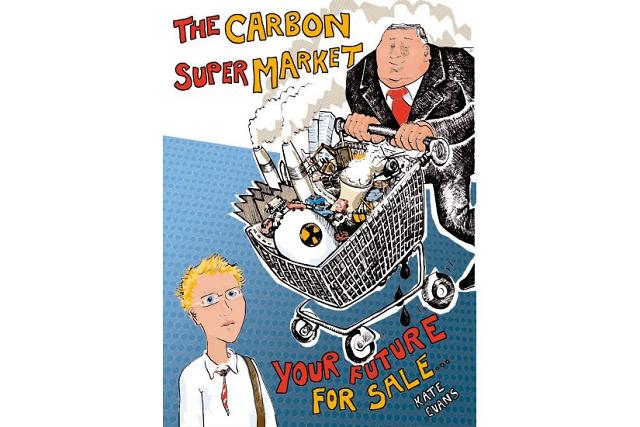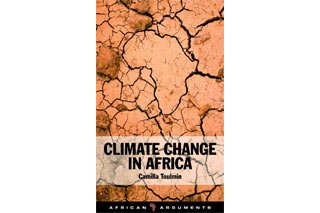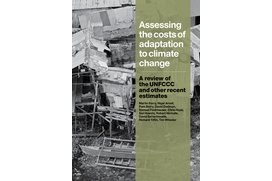This critical overview of geoengineering technologies examines the history, politics and social and ecological implications of attempts to add large-scale, intentional manipulation of the planet to the menu of possible responses to climate change. The report contests the notion that more (…)

